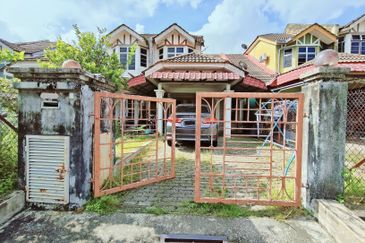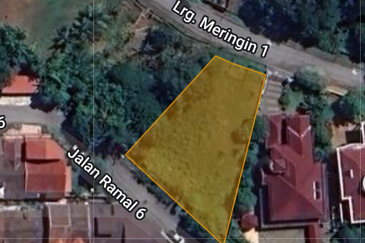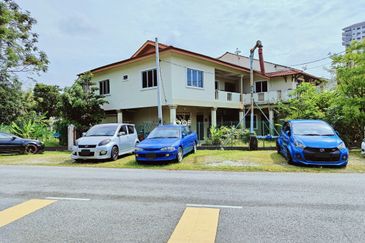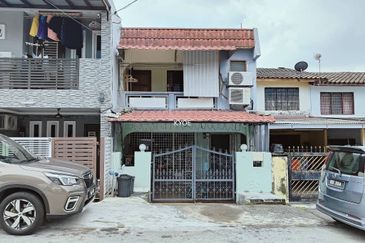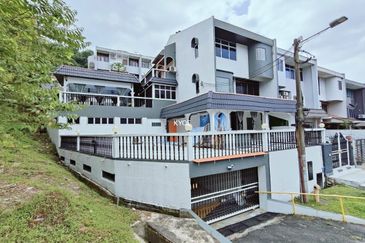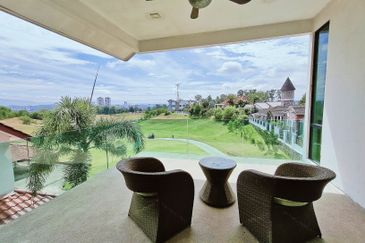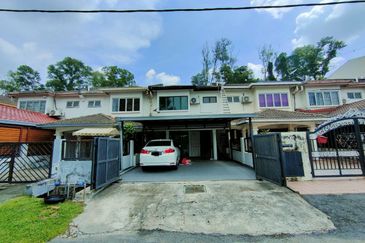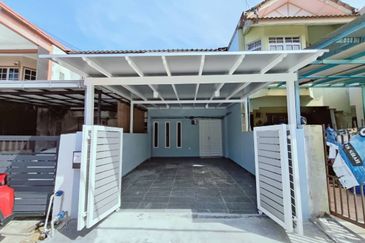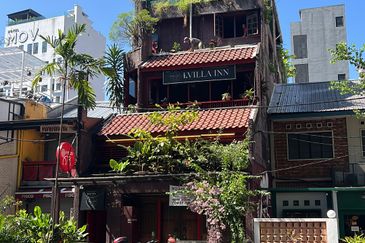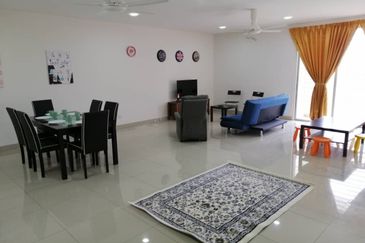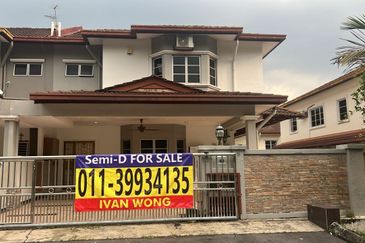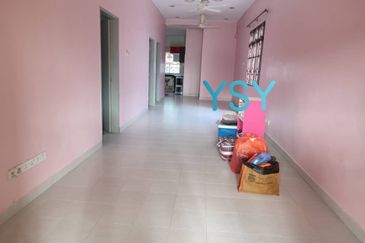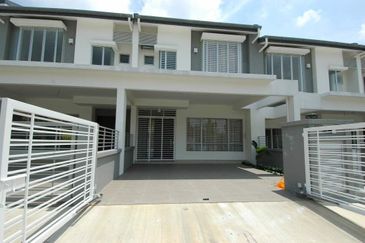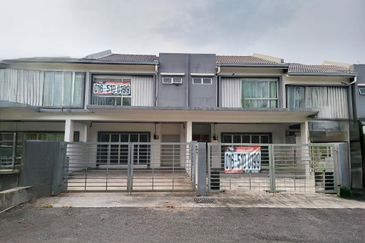 KUALA LUMPUR (Aug 3): The Malaysian REIT Managers Association (MRMA) welcomes the proposed amendments to the Guidelines on Real Estate Investment Trusts (REITs Guidelines) issued by the Securities Commission Malaysia (SC), through the Public Consultation Paper No. 3/2016 dated July 14, 2016.
KUALA LUMPUR (Aug 3): The Malaysian REIT Managers Association (MRMA) welcomes the proposed amendments to the Guidelines on Real Estate Investment Trusts (REITs Guidelines) issued by the Securities Commission Malaysia (SC), through the Public Consultation Paper No. 3/2016 dated July 14, 2016.
In a statement yesterday, MRMA said the 16 proposals by SC will expand the scope of permissible activities, significantly enhance corporate governance on Malaysia’s REITs (M-REITs) disclosure and streamline the efficiency in post-listing requirements.
The association noted that the proposals reflect the maturity stage of the M-REITs and places M-REITs competitively, by narrowing regulatory gaps between M-REITs and other established regional REIT markets.
“The SC has proposed further liberalisation to the permissible list of activities to be undertaken by M-REITs. The key proposal is to allow M-REITs to acquire vacant land and to undertake property development subject to a cap of 15% of the enlarged total asset value of the REIT,” the group’s statement read.
MRMA chairman and chief executive officer of Sunway REIT Management Sdn Bhd, Datuk Jeffrey Ng (pictured), said that overall, the association is pleased and fully supportive of the SC’s proposals to further liberalise the M-REITs market, pending clarification with the SC on certain proposals, as well as collating final feedback from its members.
“M-REITs are well-positioned to embark on the next phase of growth. The SC’s proposals are timely and it will be catalytic in driving the growth of the M-REITs market.
“The proposed property development allowance will facilitate M-REITs in achieving sustainable growth, especially in an environment where making yield accretive acquisition is increasingly challenging,” he said.
Ng added that while the liberalisation is associated with perceived higher risks, it is in the best interest of the REIT Manager to ensure that cost is contained and the project is completed within the timeline.
“In return, the REIT Manager would expect that the development of greenfield sites to deliver a potentially higher return on investment (ROI), compared to the acquisition of [the] completed property.
“The perceived risks associated to undertaking development activities should not be a major concern. Under the existing REITs Guidelines, REIT managers are exposed to construction risk, when they embark on refurbishment exercises or acquire property under construction,” he said.
“This is further mitigated by prescriptive requirements in managing construction risk. For example, there should not be any substantial dilution in the distribution per unit of the REIT during the construction period, and to ensure that the project is completed within the budget and timeline,” he said.
He went on to say that in order to reinforce the corporate governance of M-REITs and to synchronise the REITs Guidelines with the Bursa Malaysia Main Market Listing Requirements for consistency, it is a good move to have an Audit Committee, together with the statement of corporate governance and statement of internal control to be incorporated into the annual reports.
“To enhance the risk management level of M-REITs, the SC proposes to cap the leverage level at 50% of total asset value and to remove the option of allowing REITs to increase their leverage thresholds by obtaining the unitholders’ approval.
“The cap on the leverage level of 50% of total asset value acts as a check and balance to the proposed liberalisation and flexibility accorded to the REITs in undertaking property development activities and the acquisition of vacant land for such purpose,” said Ng.
The M-REITs market has registered healthy growth over the past 10 years. Its total market capitalisation has grown from RM356 million in 2005, to RM40 billion as at June 30, 2016.
The M-REIT industry is represented by 17 REITs, including three Islamic REITs and one Islamic stapled REIT. — theedgemarkets.com
TOP PICKS BY EDGEPROP
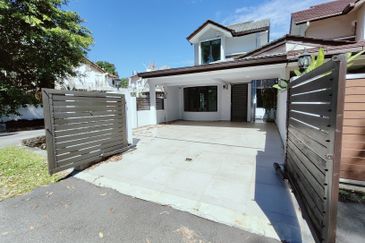
Bandar Kinrara 2
Bandar Kinrara Puchong, Selangor
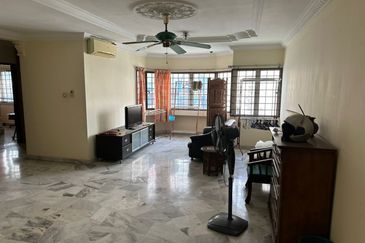
De Tropicana Condominium
Kuchai Lama, Kuala Lumpur
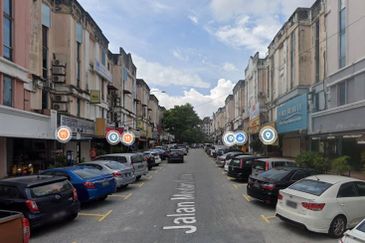
Medan Putra Business Centre
Kepong, Kuala Lumpur

